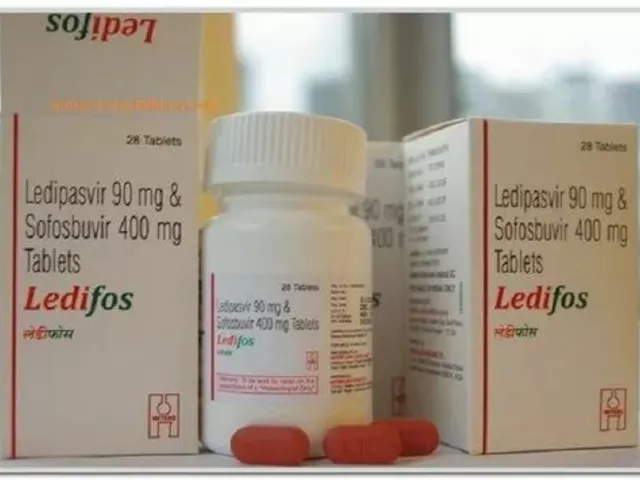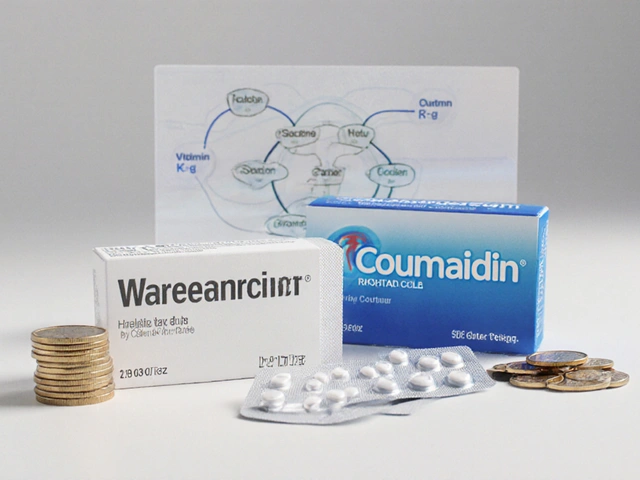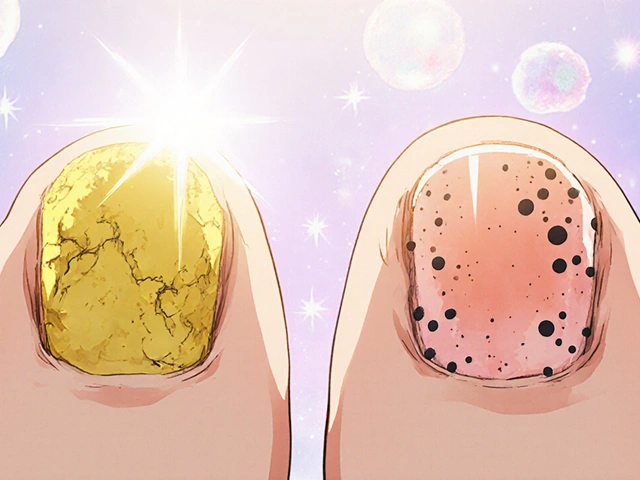Erectile Dysfunction: Causes, Tests, and Real Treatment Options
Erectile dysfunction affects millions of men, and it’s more common than people admit. If you’ve lost confidence in the bedroom, that’s normal. ED means you can’t get or keep an erection firm enough for sex. It can be occasional or ongoing. The good news: most causes are treatable.
What causes ED? The short answer is your blood, nerves, hormones, and mind. Vascular problems like atherosclerosis reduce blood flow to the penis. Diabetes and high blood pressure damage nerves and vessels. Low testosterone can lower libido and make erections harder. Certain medicines — some blood pressure drugs, antidepressants, antihistamines — can cause ED. Alcohol, smoking, and obesity add risk. Psychological stress, anxiety about performance, and relationship problems can also trigger or worsen ED.
How do doctors check it? Start with a short medical history and a physical exam. Blood tests often check blood sugar, cholesterol, and testosterone. Sometimes doctors order heart or vascular tests because ED can be an early sign of heart disease. If needed, specialists may run overnight erection tests or penile Doppler ultrasound to check blood flow.
Treatments that work
First try lifestyle fixes. Stop smoking, lose weight if you need, cut back on alcohol, and exercise 30 minutes most days. These steps improve blood flow and can help erections.
Oral medications are common and effective. Sildenafil (Viagra), tadalafil (Cialis), and vardenafil (Levitra) relax blood vessels and boost blood flow. They don’t cause arousal — you still need sexual stimulation. Side effects include headache, flushing, and upset stomach. Never use PDE5 inhibitors with nitrates for chest pain. That combo can dangerously lower blood pressure.
If pills don’t help, there are other options. Vacuum erection devices help draw blood into the penis. Injectable medications can produce an erection in minutes. Hormone replacement is an option if tests show low testosterone. For persistent cases, surgical implants work very reliably but require a recovery period. Counseling or sex therapy helps when anxiety or relationship issues play a role.
When to see a doctor
Make an appointment if ED is frequent or worries you. Don’t wait if erections suddenly stop, if you have pain, or if you have heart disease symptoms like chest pain. ED can hint at hidden health issues that need attention.
Tips for talking about ED: Be open with your partner and your doctor. Write down medicines you take. Ask about drug interactions and realistic expectations for each treatment. Small steps often lead to big improvements.
Quick checklist before treatment: list current meds, note heart or kidney problems, tell your doctor about surgeries, record how often ED happens and any morning erections. Know tadalafil lasts 36 hours while sildenafil works 4–6 hours. Avoid unregulated supplements promising miracle cures; some contain hidden drugs. A clear plan with your doctor cuts guesswork and gets you back to confidence. Talk openly, get help.
Buying Viagra and ED Meds Safely: Honest Review of trysildenafil.com
Get the inside scoop on trysildenafil.com: how legit is this online pharmacy, what’s the real process, and how can you stay safe buying ED meds online?
About
Pharmacy Reviews
Latest Posts


The role of pharmacists in managing Ledipasvir therapy for Hepatitis C patients
By Marcel Kornblum Jul 16, 2023

Buy Cheap Generic Warfarin Online - Affordable Anticoagulant Guide 2025
By Marcel Kornblum Oct 1, 2025

Alpine Lady's Mantle Supplement: Benefits, Uses & Safety Guide
By Marcel Kornblum Sep 22, 2025

